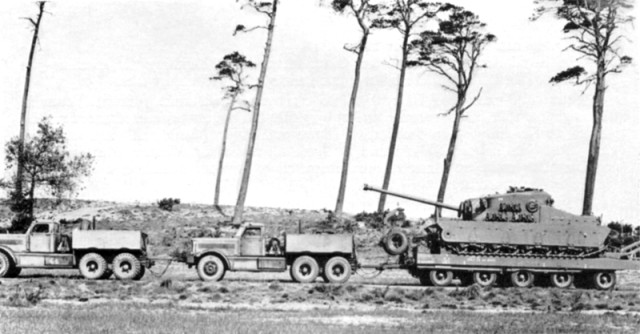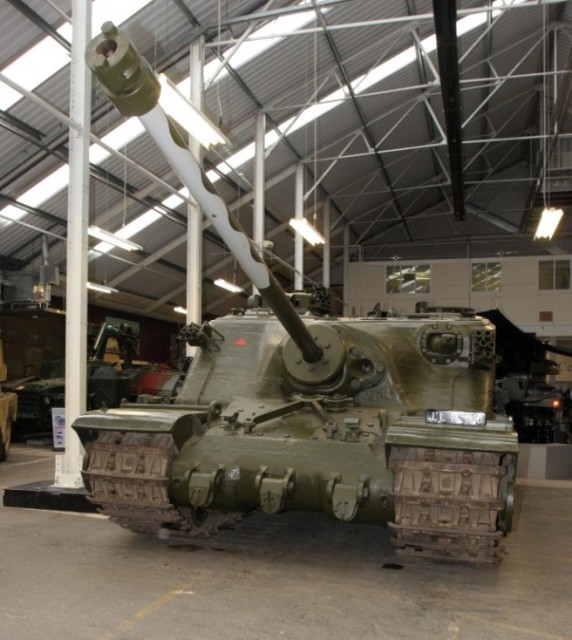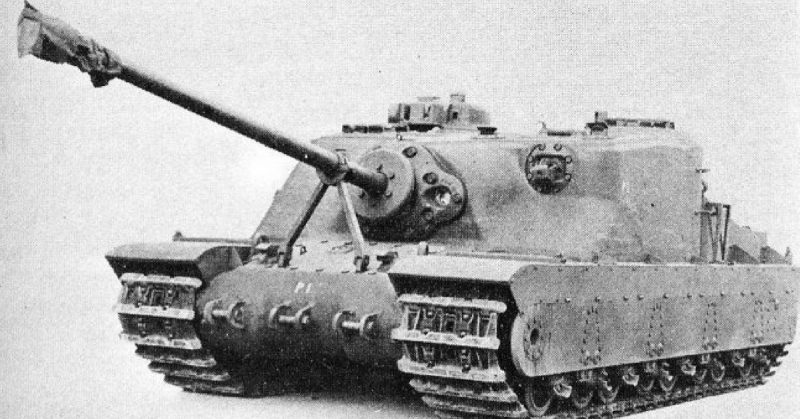The British designed a tank especially for use in World War 2: The Heavy Assault Tank aka Assault Gun aka the Tortoise. However, this tank was never mass produced. Let’s look at why this was.
The Tortoise was developed especially for the job of clearing areas that were too heavily fortified to do it any other way, because of this the designers opted for heavy armor protection over agility and mobility.
The Allied forces were expecting lots of resistance in early 1943, due to the enemy attacking from positions that were highly fortified (the Siegfried Line for example). To prepare for this resistance, new vehicles emerged, specifically in a new class – Assault tanks, which focused on armor more than maneuverability.
Eighteen designs were drafted by the Nuffield Organization between May 1943 and February 1944. Each design created was bigger and heavier than the one before.
Of these designs, AT16 was approved by the Tank Board, and they suggested 25 models should be produced, with no plans for a prototype to precede them. They planned to have the models ready for service by September 1945. Due to this suggestion, an order was put in place by the War Office for 25 tanks.

After the War had ended the order for these tanks was reduced to six and these vehicles were built. Germany received one of these on trial; they found it to be powerful, reliable and stated it had a gun platform that was accurate. The downfall was it was very slow and difficult to transport it as it weighed 80 tons and stood at 10 feet tall.
The Tortoise does not have a turret like a traditional tank and instead utilizes a fixed casemate superstructure; therefore it tends to be classed as an assault gun or a self-propelled gun instead of a tank. The crew required to man this monster was a driver, a gunner, two loaders, two machine-gunners and a commander.

You can find one of the six surviving Tortoises at The Tank Museum in Bovington, England. This one is still in running condition.
It received an overhaul in 2011 which saw it run on its own, something it hadn’t done since the 1950s. This Tortoise, after its overhaul, was displayed to the public at Tankfest 2011.
